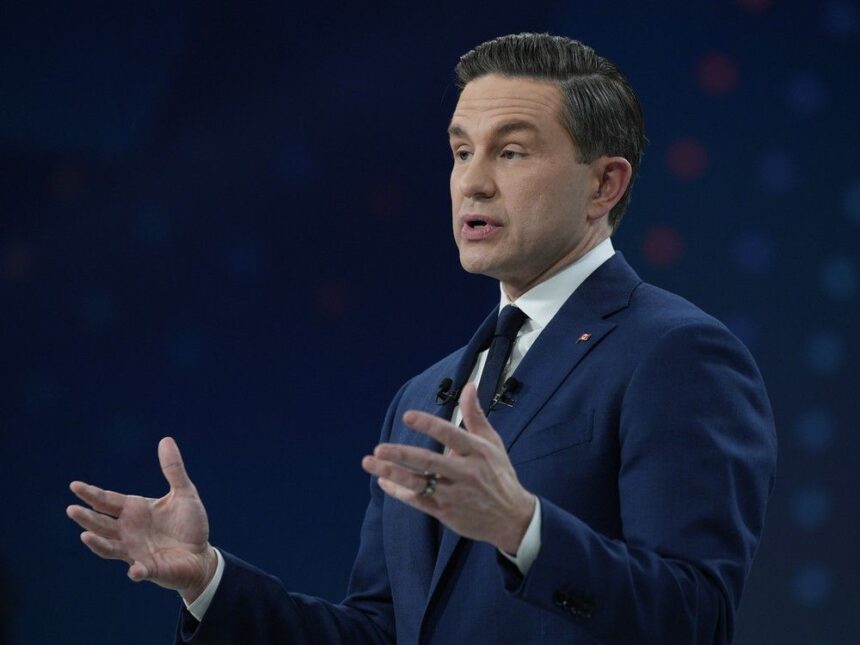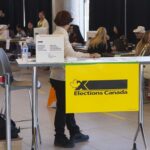In a surprising twist to this federal election cycle, Ottawa’s corridors of power are emptying as public servants trade their desks for campaign trails in unprecedented numbers. The phenomenon challenges long-held assumptions about the partisan leanings of our government workforce.
“We’ve never seen anything like this before,” says Marlene Fraser, political analyst at the University of Ottawa. “The sheer volume of public servants seeking nomination or already confirmed as candidates across party lines is remarkable.”
According to Elections Canada data, more than 40 current or recently departed federal employees have declared their candidacy so far – nearly double the number from the 2021 election. What’s particularly noteworthy is their distribution across the political spectrum.
Traditionally, public servants have been stereotyped as leaning left, but this election is flipping that narrative. Conservative and People’s Party candidates are emerging from departments like Finance, National Defence, and Treasury Board. Meanwhile, departments once considered conservative strongholds are producing Liberal and NDP hopefuls.
Michael Wernick, former Clerk of the Privy Council, notes this diversity reflects broader shifts. “The public service mirrors Canadian society. As polarization increases nationwide, we’re seeing those divisions within the bureaucracy too.”
The surge comes amid widespread dissatisfaction with work conditions. The prolonged return-to-office mandate has created considerable friction, with many citing it as their breaking point.
Catherine Morneau, who left her Environment Canada position to run as an independent in Ottawa Centre, explains her motivation: “After fifteen years in government, I’ve seen how policies affect Ottawans from both sides. The rigid approach to workplace flexibility was the final straw.”
This exodus presents unique challenges. The Treasury Board has processed over 100 requests for leave for political activities since the writ dropped – creating temporary staffing gaps across departments. More concerning is the potential loss of institutional knowledge if these candidates win and resign permanently.
Deputy ministers have reportedly been scrambling to ensure continuity plans, particularly in sensitive files like national security and international trade negotiations.
The phenomenon also raises questions about the public service’s political neutrality. While employees have always had the right to seek office, the sheer scale of the current movement has some experts concerned.
“When you have dozens of public servants potentially returning to their roles after unsuccessful campaigns, how do we ensure they can effectively serve any government?” asks Daniel Bernhard of the Institute for Canadian Citizenship. “The perception of impartiality matters as much as the reality.”
For Ottawa’s economy, this trend creates interesting ripples. Local campaign offices report record numbers of volunteers with government experience, bringing professional-level organization to riding associations.
Local printing companies have seen a 35% increase in election material orders compared to 2021, according to the Ottawa Small Business Association. Temporary office space rentals in the downtown core have jumped significantly too.
The most fascinating aspect may be how these candidates are leveraging their insider knowledge. Many campaign on promises to fix specific government programs they once administered, offering unusually detailed policy proposals.
Voters seem receptive. A recent Abacus Data poll shows Ottawa ridings giving higher “trustworthiness” ratings to public servant candidates regardless of party affiliation – a potential edge in a tight race.
For the city itself, the trend represents a potential changing of the guard. Ottawa’s representation has historically included many career politicians and diplomatic figures. This new wave could bring a more technocratic approach to Ottawa’s voice in Parliament.
Whether this phenomenon represents a one-time reaction to post-pandemic workplace policies or a longer-term realignment remains to be seen. What’s clear is that Ottawa’s public service is asserting itself politically in ways that may permanently change our understanding of Canada’s bureaucracy.
As Election Day approaches, Ottawa voters face ballots peppered with familiar faces from government offices. The question is whether they’ll send their colleagues to Parliament or back to their desks.
For now, the capital watches with







